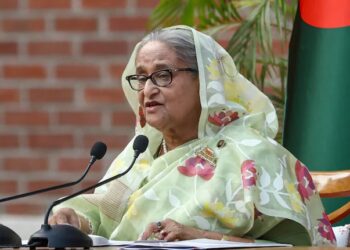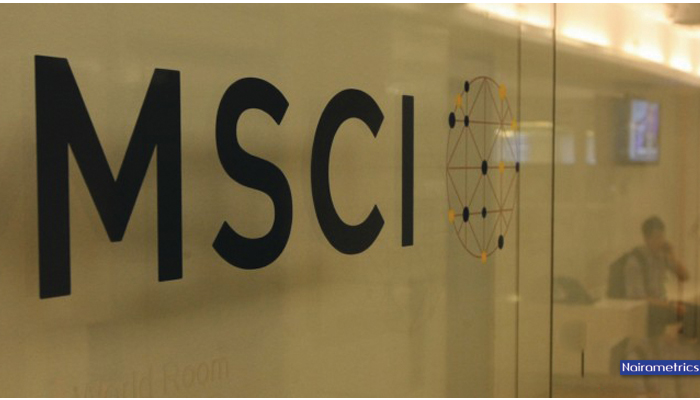It appears Nigeria’s CBN may have copied its new Naira4Dollar scheme idea from South Asian country Bangladesh who have been running a similar policy since 2019.
According to our reports, the Bangladesh government offers its citizens a 2% cash incentive on money remitted by its citizens in the diaspora. They claim this is geared towards curbing “overbearing costs of increased expenses in sending remittances and to encourage bringing in remittance through legitimate channel.”
This sounds very much like what Nigeria’s central bank is trying to do.
“In an effort to reduce the cost burden of remitting funds to Nigeria by working Nigerians in the Diaspora, the #CBN has introduced a rebate of N5 for every $1 of fund remitted to Nigeria, through IMTOs licensed by the CBN. The Scheme will take effect on the 8th of March 2021. We believe this new measure will help to make the process of sending remittance through formal bank channels cheaper and more convenient for Nigerians in the diaspora” CBN
READ: Total credit to the economy rose to N19.54trillion – CBN Governor
How the Bangladesh Model works
- Beneficiaries will receive a direct 2% incentive for transfers of up to USD 1500 without any verification. However, for amounts exceeding USD 1500, they will have to show valid supporting documents; to prevent the misuse of money.
- If you are a Bangladeshi national sending money back home, the government will add 2% to your transfer – the incentive is 2% of the sent value and will be paid in BDT.
- For higher values, beneficiaries will need to show the remitter’s passport, an appointment letter from the employer, and a certification from the Bureau of Manpower, Employment, and Training (BMET). In the case of businesspersons remitting amounts exceeding USD 1500, their beneficiaries need to produce a copy of the business license.
- If beneficiaries fail to submit the required documents instantly they are given a period of five days to submit the documents, after which the beneficiary will be entitled to receive the cash incentive.
- If remitters or beneficiaries are found violating these rules, they will not qualify to receive any incentives in the future.
- Source: XpressMoney Also read this article on WorldRemit to get how it works.
READ: Bangladesh calls for collaboration with Nigeria on textile
Nigeria’s CBN is yet to publish guidelines explaining how its own policy will be governed and if there are any terms and conditions as detailed by Bangladeshis. However, Nairametrics understands the N5 will be paid in cash to beneficiaries of the remittance or credited to their bank account.
Has it worked for Bangladesh?
In a report credited to New China News Agency, the Bangladesh Bank statistics claimes Bangladeshis in the diaspora remitted $16.69 billion in the first 8 months of its fiscal year (July 2020 – June 2021) a 33% increase year on year.
- Bangladesh had received $12.5 billion in the first 8 months of the fiscal year July 2019-June 2020).
- The report also cited Bangladesh Bank (BB) statistics data which revealed the remittance in February alone stood at 1.78 billion U.S. dollars up 22% when compared to the year before.
- This amount is up by over 22 percent from 1.45 billion U.S. dollars received in the same month of the 2019-20 fiscal year.
- Bangladesh’s remittances hit an all-time high of 18.20 billion U.S. dollars in the last 2019-20 fiscal year.
- The report also claims remittance has been steadily rising since the announcement of a 2.0-percent incentive on remittance receipts in June 2019 to encourage the expatriate Bangladeshis to send home more money through formal channels.
READ: Why external reserves is falling despite a rise in oil prices
Bottom Line
There is absolutely nothing wrong with copying what has worked anywhere else especially if it is for the greater good. However, it is unclear if Bangladesh’s challenges with the exchange rate are similar to ours.
- For example, Nigeria has a thriving black market for trading currencies that have better price discovery when compared to the official market. Whether this policy will work will depend on how lucrative Nigerians in the diaspora find the incentive.






















